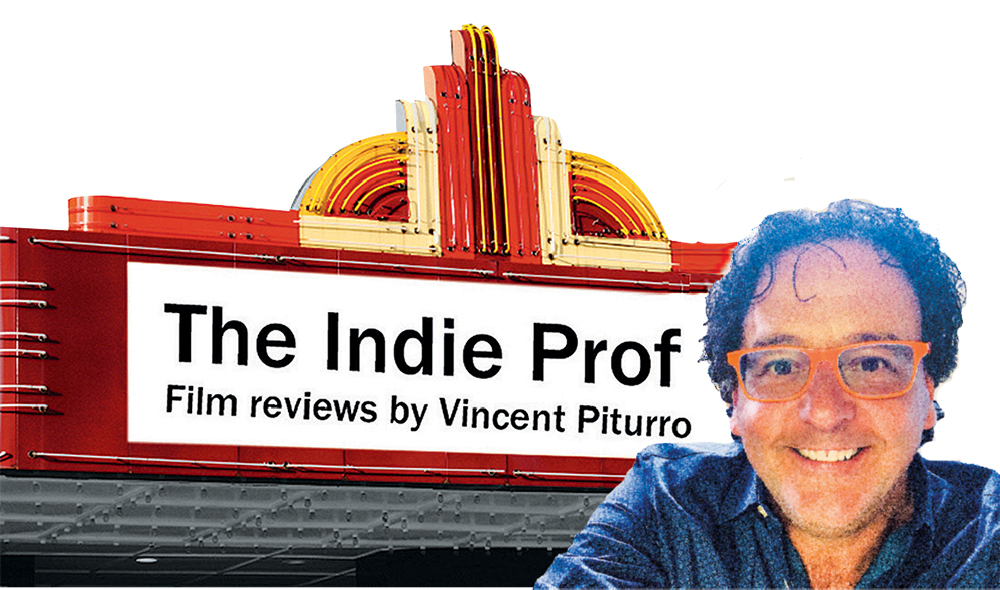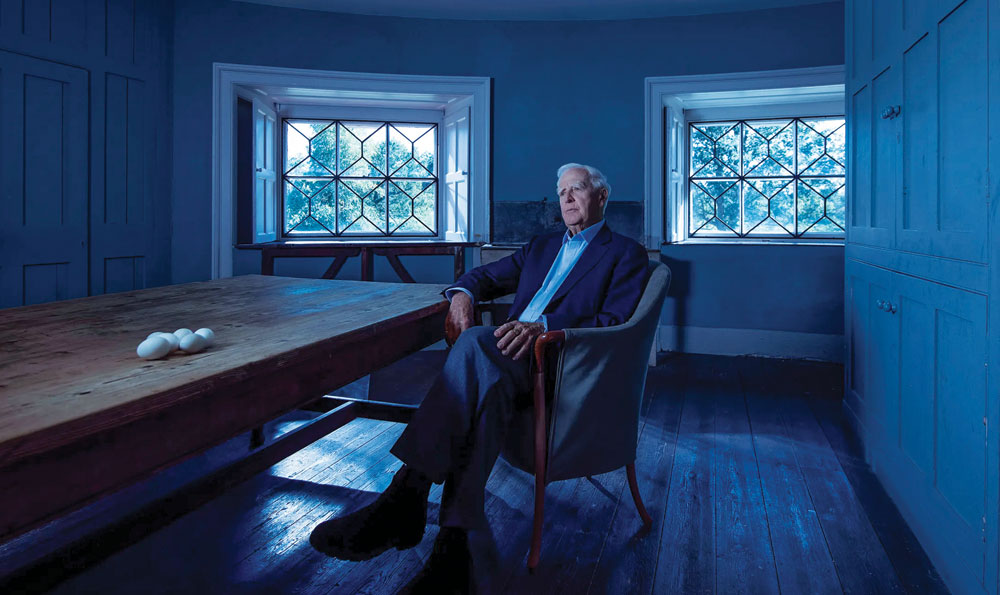
This is the best time of year for film lovers: The marquee movies are coming out, the Denver Film Festival has given us a bevy of gems, and many of us have time off during the holidays to watch these great films in theaters and/or streaming at home. I hope that you will have a little time to enjoy some of the special movies I have reviewed on these pages over the last few months. This article adds to that list, and for the time being, we will suspend book reviews until this wonderful season is over. There are just too many great movies out there! I hope you enjoy some time off, and I hope the movies can be a beneficial escape, an educational tool, and a shining light in this increasingly dim world.

Past Lives
Past Lives (2023)
This is a marvelous film that does so many things we hope for in any art form: It illuminates, it educates, it makes us comfortable at times, it surprises, it allows us to think, and it makes us feel. Feel a lot.
Directed by Celine Song, Past Lives is the semi-autobiographical story of a Korean American woman who connects with her childhood love many years after her family moved from Seoul to the U.S. We first meet Nora as a 12-year-old in Seoul, then as a 24-year-old aspiring writer in New York City (the luminous Greta Lee) who reconnects with Hae Sung (Teo Yoo) over Zoom, and then finally, as a 36-year-old married woman when Hae Sung journeys to NYC and they meet in person. Nora’s husband Arthur (a quiet John Magaro) is supportive of the meeting, but he also feels as if there is a part of Nora (she talks in her sleep/dreams in Korean) that he can’t access. As Arthur says, Nora and Hae Sung’s story is more magical and literary than his own relationship with Nora. As we watch, and feel, and live with these three characters, we can’t help but agree.
Director Song allows us space to live with them, and that is a major triumph of the film. It stays away from maudlin melancholy and prefers to let life play out in front of us. Characters pause as they speak to each other, they stand uncomfortably, and they are unsure what to say at times as they pass nervous glances. We get the feeling we are watching something we shouldn’t be, peeking into very personal situations and interactions to which we should not have access. We want to look away; the pauses are interminable; and the undercurrent is strong and unknowing. That realism is topped with a serving of humor and an unfailing humanity that we are sorely missing in our world and even in our art today. In other words, it is beautiful.
Streaming on Prime, Apple TV, YouTube and other outlets.

Full Time (À plein temps)
Full Time (À plein temps) (France—2021)
This is a tense, obstinate, and pressurized film about a suburban Parisian single mother trying to keep it all together. It might not sound like the most thrilling concept for a scintillating cinematic journey, but trust me on this, dear readers: Spend 90 minutes of your lives sweating this one out and you will thank me. Or hate me.
Think Run Lola Run in France: heels instead of Doc Martens, mortgage lenders instead of looming thugs, transportation strikes instead of the Berlin streets, and an endless electronic beat echoing our mounting stress as the common denominator. (If you haven’t seen Run Lola Run, this comparison doesn’t work. And, you really need to see that one too.) This is expert filmmaking, acting, and staging all for a certain effect. It works.
Every time Julie (a voracious Laure Calamy) opens a door, we hold our breath: She is hustling her kids off to a sitter, she is running for the train (we can see it in the background, will she make it??), she is trying to find an alternate train, she is trying to find a bus, she is trying to find an overpriced taxi, she is late for work and about to get fired, she is interviewing for a better job, she is flirting with the doorman for a small favor, she is struggling to find a cheap room in the city after being stranded, she is waiting for a credit card approval she desperately needs but doesn’t know will come, she is running, she is running, she is running…
There is no respite from the breathlessness as there is no respite in Julie’s life. We root for her, we yell with her, we suffer with her, and we hurt with her. This is realism tinged with cinematic flourishes to heighten the effect, but it is realism nonetheless. We see a real person struggling with real situations, real problems, and real people. As viewers, we can’t distance ourselves from the actions or the issues. We are involved, and that is the brilliance of writer/director Eric Gravel.
Streaming now on Amazon Video.

The Pigeon Tunnel
The Pigeon Tunnel (2023)
This documentary is the story of author David Cornwell, better known to us by his pen name, John Le Carré. At first I thought it would be a standard biography about a famous author—complete with honorifics and the requisite fawnings we usually see in such films. I was wrong, thankfully. Instead, what we get is a fascinating deep dive into the psyche of a complicated human, a figure with miles of dark and winding passages in his life and in his brain, and insights into one of the most consequential eras in recent human history.
Enjoy this fascinating study of an author, a spy, and a keen observer of the duplicitous nature of humans. Cornwell was all of these things, and legendary documentarian Errol Morris sits him up and extricates it all from Cornwell with the usual Morris flourishes of visual flair.
Streaming now on Apple TV.
Vincent Piturro, PhD, is a Professor of Film and Media Studies at MSU Denver. Contact him directly at vpiturro@msudenver.com or follow him on Twitter. For more reviews, search The Indie Prof at FrontPorchNE.com.


0 Comments